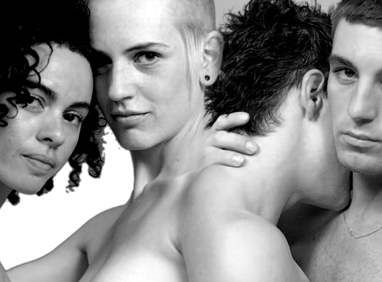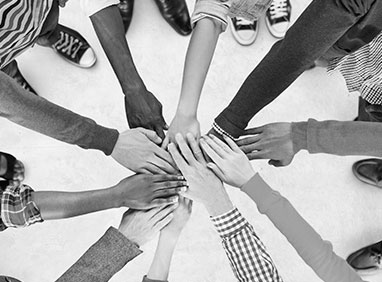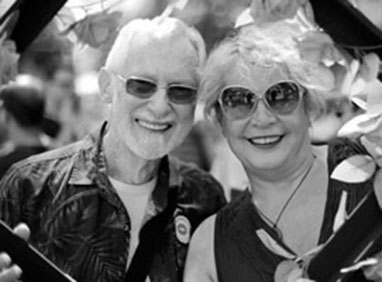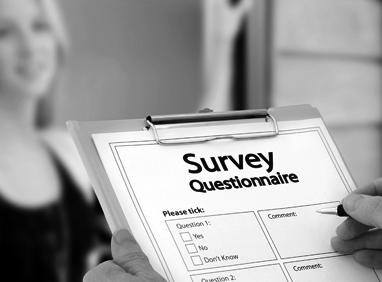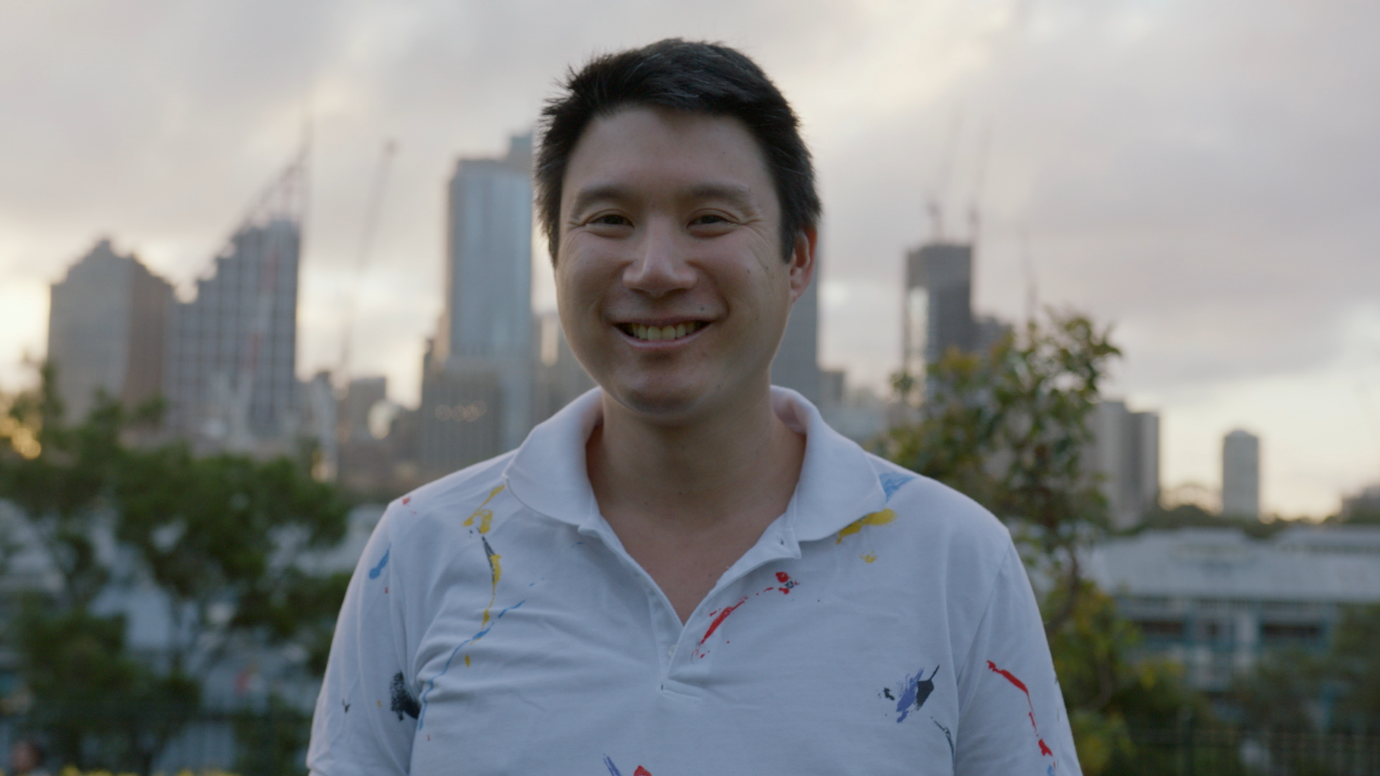
“If you know someone who is already on the NDIS, successfully, reach out to them.” William (he/him), lives with profound deafness.
Language used
- This guide to accessing the NDIS is underpinned by the social model of disability; that is, that disability is the result of the barriers and challenges presented by society, rather than the impairment of the individual. It is a human rights model of disability.
- However, some of the language in this toolkit does not reflect this model, as it reflects the practicalities of applying for the NDIS. You may find some of this language confronting. Support services are available here.
ACON – is a proud community organisation based in NSW, working in community health, inclusion and HIV responses for people of diverse sexualities and genders.
PWDA – People with Disability Australia (PWDA) is a national disability rights, advocacy and representative organisation that is made up of, led and governed by people with disability. PWDA is the only national cross-disability organisation, and is the national and NSW peak disability organisation representing all people with disability.
LAC – Local Area Coordinator. LACs are local organisations who work with the NDIA to help participants and their families and carers to navigate the NDIS in writing and managing their NDIS plans and connecting them to support services.
LGBTQ – Lesbian, Gay, Bisexual, Transgender and Queer.
NDIA – National Disability Insurance Agency. This is the Commonwealth government organisation administering the NDIS.
NDIA Managed – the NDIA manages your NDIS funding. You can choose the supports you use from NDIA registered providers.
NDIS – National Disability Insurance Scheme. The NDIS is designed to fund supports for people with a permanent and significant disability. This can be intellectual, physical, sensory, cognitive and psychosocial disability. Participants must be an Australian citizen, a permanent resident or a New Zealand citizen who holds a Protected Special Category Visa, aged under 65 at the time they first access the scheme.
Participant – a person who has been approved to receive funding from the NDIS to access supports. When you are approved for the NDIS, you become known as a participant.
Plan – a written document every participant will develop in consultation with their LAC outlining their goals and needs, and the necessary supports the NDIS will fund to meet them.
Plan Managed – you have a plan manager who manages your NDIS funding and pays your providers for you. You are able to choose what supports you use.
Provider – a business, organisation or individual who provides funded services. Providers may be large companies, charities, small not-for-profits, sole traders, or any other type of business. Providers may or may not be registered with the NDIS. Participants who are NDIA managed can only use their NDIS funding on NDIS registered providers. Participants who are self-managed or plan managed can use their funding with any service provider.
Self-managed – you have access to all or part of your NDIS funding. You choose what supports you use and pay their providers directly.
Supports – services and products to help a person undertake daily life activities and enable them to participate in the community and reach their goals.
Support worker – someone who works with you on a day-to-day basis to support you with activities of daily living.
Trans and gender diverse – people whose gender is different to what was presumed for them at birth.



